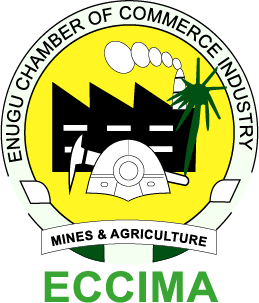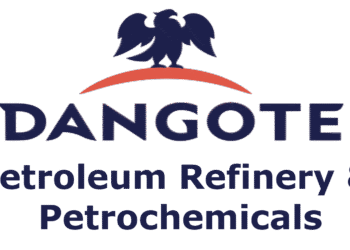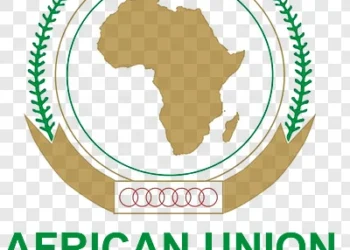The Enugu Chamber of Commerce, Industry, Mines and Agriculture (ECCIMA) has commended the Federal Government’s decision to impose a 15% tax on imported petrol and diesel.
The chamber in a statement described the development as a bold and strategic move that will stimulate economic growth, encourage local production, and create employment opportunities for Nigeria’s growing youth population.
ECCIMA also commended Alhaji Aliko Dangote, Chairman of the Dangote Group, for his visionary investment in the Dangote Petroleum Refinery—a project that is already meeting domestic needs and earning foreign exchange for Nigeria.
It said the planned expansion of the refinery’s capacity from 650,000 barrels per day to 1.4 million barrels per day further reinforces confidence that Nigeria can meet its local demand and reduce reliance on imports.
To complement this policy, ECCIMA urged the Federal Government to issue more licenses to indigenous companies for refinery development.
Oil remains Nigeria’s primary source of foreign earnings, and stakeholders with the capacity to transform the country from a net exporter of crude oil to a net exporter of refined products should receive full government support.
Eliminating bureaucratic bottlenecks in licensing will attract more investors, foster competition, and ensure adequate supply for both domestic and export markets.
Nigeria has the potential to become a global leader in refined petroleum exports if this policy is effectively implemented.
ECCIMA also expressed its full supports for private sector initiatives that are aimed at reviving local refining and endorses any government policy that protects and promotes such efforts.
“We call on all stakeholders to rally behind this policy and encourage greater indigenous participation in the refining sector for the sustainable growth of our national economy.
“ECCIMA has long maintained that the naira cannot appreciate while over 80% of the nation’s needs remain import dependent.
“Excessive importation of finished goods continues to weaken the currency, especially when these goods can be produced locally.
“By imposing higher tariffs on products that can be manufactured within Nigeria, the government is taking a critical step toward protecting and revitalizing local industries.
“The importation of refined petroleum products dates to the 1990s—a period that marked the beginning of Nigeria’s gradual economic decline.
“Since then, the naira has consistently been depreciated.
“The inability of the Nigerian National Petroleum Company (NNPC) Limited to revive the nation’s three government-owned refineries, coupled with indiscriminate issuance of fuel import licenses, has deepened these economic challenges.
“Globally, leading economies such as the United States and China have adopted strict policies to discourage the importation of goods that can be produced locally.
“These nations prioritize domestic production to meet internal demand and drive exports, thereby strengthening their balance of trade.
“Nigeria must embrace similar strategies to achieve sustainable economic transformation,” ECCIMA explained.
(vitalnewsngr.com)























